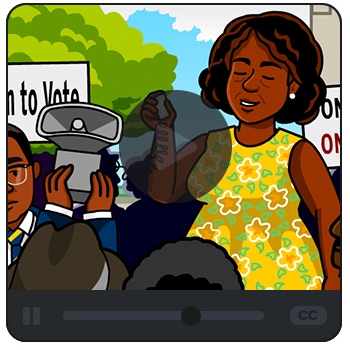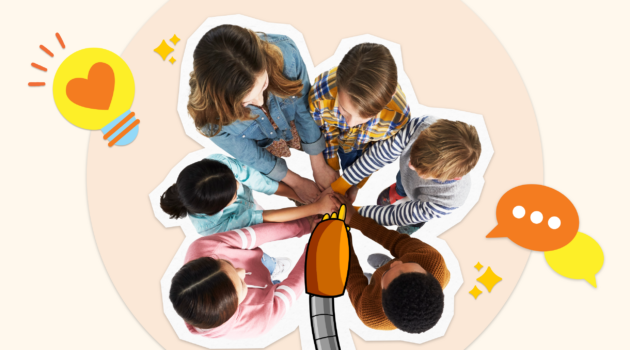Teaching Strategies
Honoring Black History in the Classroom
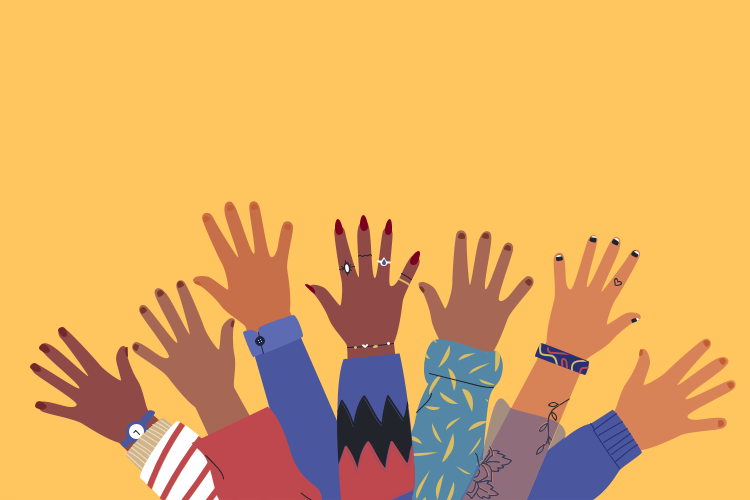
Last Updated on February 29, 2024 by BrainPOP
Black history is American history.
A curriculum that integrates authentic and age-appropriate stories of history-making Black Americans helps provide a foundation of empathy and cultural literacy that allows all students to thrive in a multicultural society.
To help you set the stage for meaningful conversations about topics across the social studies curriculum, we’ve put together a selection of related topics from BrainPOP and BrainPOP Jr. They include pivotal moments in American history alongside biographies of barrier-breaking civil rights leaders, artists, and more.
Build Your Lesson
Looking to build a full lesson on one of these topics? Use your Assignment Builder to track students’ growth toward literacy proficiency. Pair the movie with an auto-graded activity to strengthen understanding and gather key insights.
Primary Sources
First-hand accounts have the power to bring history to life, and are an effective way to authentically and meaningfully connect to history. Many topics in our Black History collection include access to primary sources as part of BrainPOP’s Primary Source feature. These resources range from newspaper clippings and essays to photographs and archival videos, like this one of Maya Angelou reciting a poem at the 1993 U.S. Presidential inauguration:
Creative Projects
When children actively participate in a lesson and exercise their creativity, they’re more likely to stay engaged and internalize what they’ve learned. Students can create their own short films with our Make-a-Movie feature, code a museum exhibit in honor of their favorite figure from Black history with Creative Coding, and more.
For Kindergarten–Grade 3
People to Know
Biographies are an effective and engaging way to explore history. Everyone loves stories, and biographies provide students with opportunities to relate to and empathize with people whose experiences shaped history.

Martin Luther King Jr.
He had a dream! Watch to discover what it was and how this Civil Rights leader paved the way for generations to come.

Ruby Bridges
Imagine the bravery it took to integrate an all-white school. That’s just what this young activist did when she was only 6 years old!

Rosa Parks
Discover the story of this courageous activist who sat down in order to stand up for equal rights.

Harriet Tubman
Learn about this courageous abolitionist’s life and her work on the Underground Railroad.

Jackie Robinson
Explore the story of a barrier-breaking ballplayer who brought his message of equality to America.

Dr. Mae Jemison
Blast off and learn about Dr. Mae Jemison, the first Black woman astronaut!

Eloise Greenfield
Learn how Eloise Greenfield uses rhythm to make her poems and stories come alive.
For Grades 4 and Up
Black History is American History
There is much about U.S. history that is challenging to talk about, especially with children. However, it’s important that we provide an accurate picture that takes into account people of different backgrounds and experiences. With these topics, kids can explore historical events and time periods that changed the course of history for African Americans.
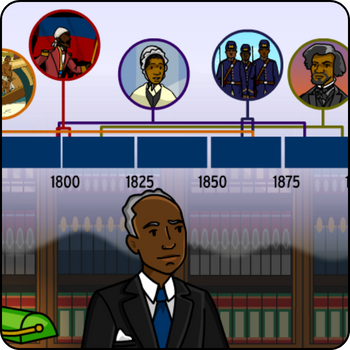
NEW: Black History Month
How did February come to be Black History Month? It started about a hundred years ago, with a historian named Carter G. Woodson.

Slavery
Explore the rise and abolition of the African slave trade, and its lasting effect on the United States.

Reconstruction
Learn how Reconstruction policies affected people in the South, including liberated slaves.
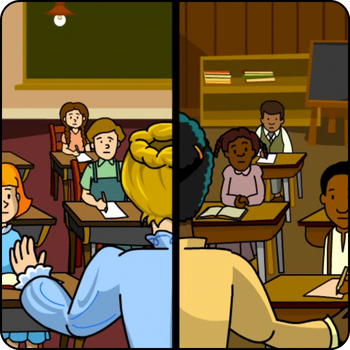
Jim Crow
Slavery may have ended with the Civil War, but the Confederacy’s defeat marked the beginning of a new kind of oppression.

Civil Rights
Learn about the American Civil Rights Movement of the 1950s and 1960s—what it is, why it’s important, and how its legacy continues.

Brown vs. Board of Education of Topeka
“Separate but equal?” Explore where this phrase comes from and learn about segregation, civil rights, and the famous trial case, Brown vs. Board of Education.
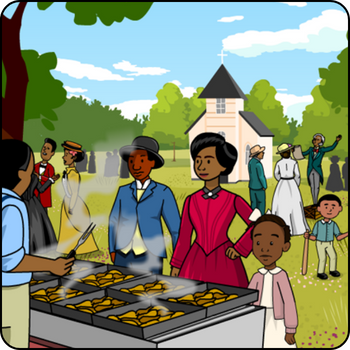
Juneteenth
Many think of the occasion as a second Independence Day, because it celebrates when all Americans became free.
People to Know
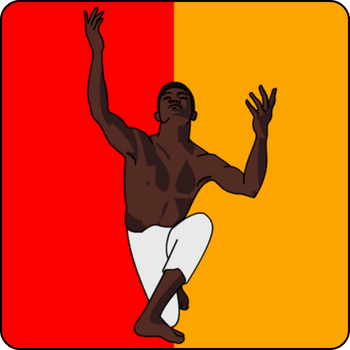
Alvin Ailey
Meet Alvin Ailey, a dance prodigy and modern dance innovator who brought African-American culture to world stages.
Fannie Lou Hamer
This activist’s courage and persistence helped secure passage of the Voting Rights Act of 1965, an important victory in the fight for equal rights.

Martin Luther King Jr.
Explore the inspiring life of this Civil Rights activist, and discover how his non-violent protests led to Supreme Court decisions banning segregation.

Jackie Robinson
Discover #42—the great athlete and pioneer for social justice who led the way to ending segregation in baseball.

Malcolm X
While Martin Luther King Jr. championed nonviolent protest and equality for all, Malcolm X took a more forceful approach.

Muhammad Ali
Discover the story of this champion boxer and beloved activist who grew up in the shadow of the Jim Crow South, and was shaped by its injustices.

Tuskegee Airmen
As the first Black military pilots, these true American heroes battled Nazis abroad and discrimination back home.
Recursos en español
Esclavitud
Reconstrucción de E.U.
Jim Crow
Brown contra Consejo de Educación
Derechos Civiles
Jackie Robinson
Malcolm X
Martin Luther King Jr.
Motown
Muhammad Ali
Ressources en français
Esclavage
Mouvement des droit civiques
Malcolm X
Martin Luther King
Mohamed Ali


